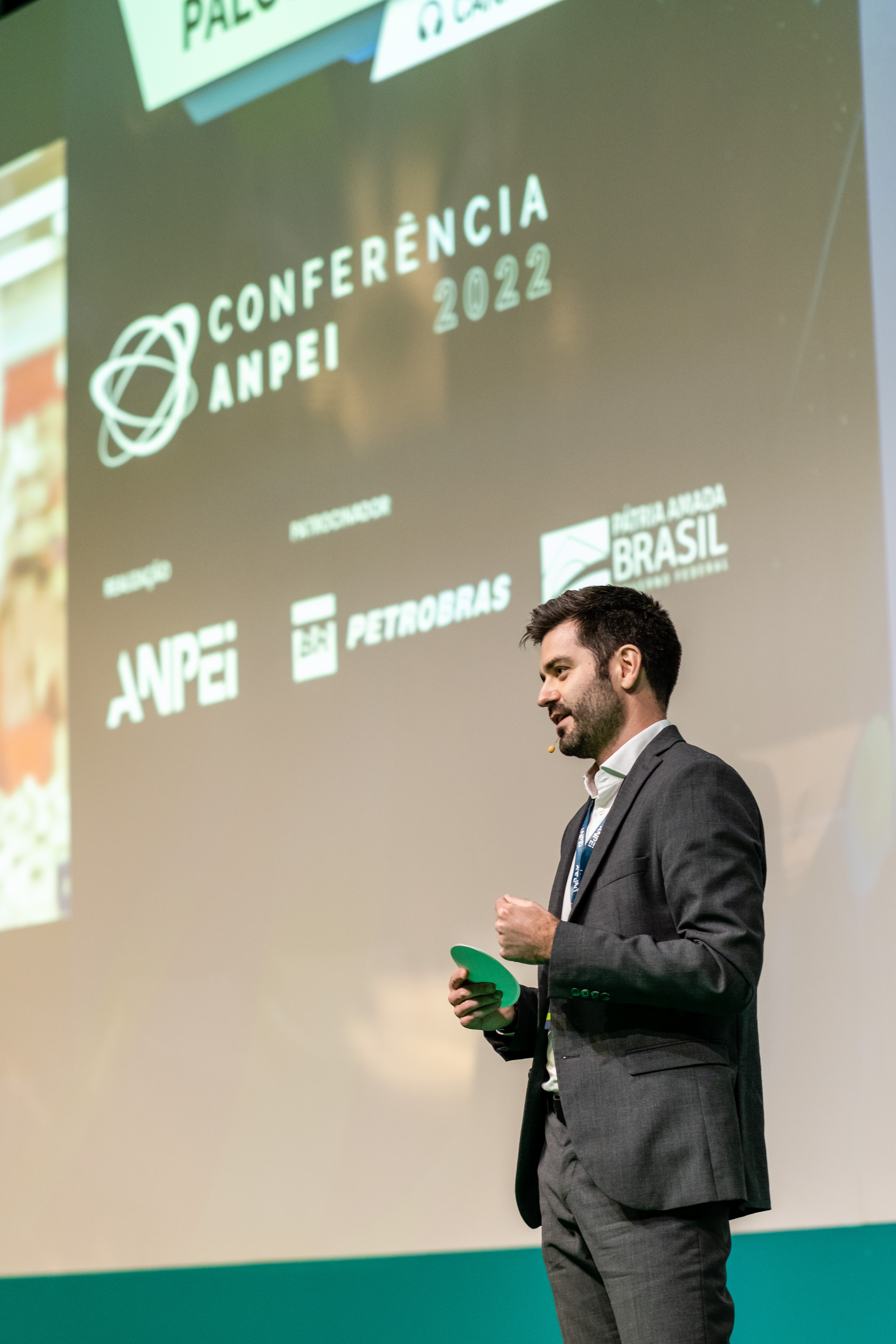The FUTURINNOV project run by European Commission Joint Research Centre (JRC) supports the European Innovation Council (EIC) in building strategic intelligence capacity through foresight and other anticipatory approaches. This is done through activities to identify funding priorities, inform programme design, contribute to policy feedback, and develop institutional governance. The main objectives are to:• Provide short and medium-term future-oriented evidence-based advice on signals and trends of emerging technologies, breakthrough innovation, and investment patterns;• Support the development of long-term EIC strategic intelligence, grounded in anticipatory, collective, and hybrid methods, towards knowledge transfer and capacity building; and• Explore innovative anticipatory thinking and future-oriented methodologies to support EIC in its mission as a funding body and a knowledge- provider for policy design and implementation. The project started in the beginning of the 2024 and will run until February 2025. Outputs of the FUTURINNOV project will include three literature reviews identifying and analysing signals of emerging technologies and breakthrough innovations as well as findings from horizon scanning workshops. Eyes on the Future: Volume 1 Eyes on the Future - Signals from recent reports on emerging technologies and breakthrough innovations to support European Innovation Council strategic intelligence - Volume 1 The report provides a literature review of publications authored by numerous external organisations. It summarises 34 signals and trends of emerging technologies and breakthrough innovations across the 11 primary categories of a taxonomy defined by the European Innovation Council (EIC). The authors investigate not only what is deemed most novel in multiple application domains but what is worth the attention of European Union (EU) policy audiences involved with priority-setting and decision-making.The literature review(1) reviews and evaluates 186 reports and articles on emerging technologies,(2) captures 489 signals, of which 86 have been short-listed and 34 selected for this report,(3) creates an internal database of signals which is used to digest and analyse the evolution of signals and novel technologies(4) connects signals with EIC portfolios and other European Commission (EC) initiatives such as policies surrounding critical technologies and Strategic Technologies for Europe Platform (STEP) investments that, together with the primary and secondary levels of the EIC taxonomy, provide multiple types of analysis and insights(5) draws conclusions that aim to support the EIC’s funding prioritisation and additionally, provide reflections on EIC portfolio setting. Read the reportRead some insights from the authors on the blog (Dis)Entangling the Future - Horizon scanning for emerging technologies and breakthrough innovations in the field of quantum technologies This report documents the process and findings of a horizon scanning exercise, part of a series under the FUTURINNOV. The workshop, held on 24 April 2024, had as its primary goal the evaluation and prioritisation of trends and signals on emerging technologies and breakthrough innovation, across all technology readiness levels (TRLs) and within the EIC's Quantum technologies portfolio. Signals for the workshop were gathered from experts, literature review, and text/data mining of patents, publications, and EU-funded projects. These signals were then scrutinised for their significance to the field's future by a diverse group of sector experts which led to the identification of nine key topics:quantum sensingquantum algorithms for lattice-based computational fluid dynamics modelsmaterials for quantumArtificial Intelligence for quantumerror correctionsolid-state scalabilityquantum for Artificial Intelligencequantum as a service – metacloudquantum computersFurthermore, the workshop identified additional wild cards with high novel-ty and disruptive potential such as quantum sensing AI on edge and molecular spin qubits. Participants also highlighted various factors that could influence the development, adoption, and promotion of these emerging technologies, which can be grouped under the following categories: technical advancements; investment and infrastructure support; cross-sector collaboration; regulatory navigation; talent acquisition; market maturity; and application utility. Read the report









